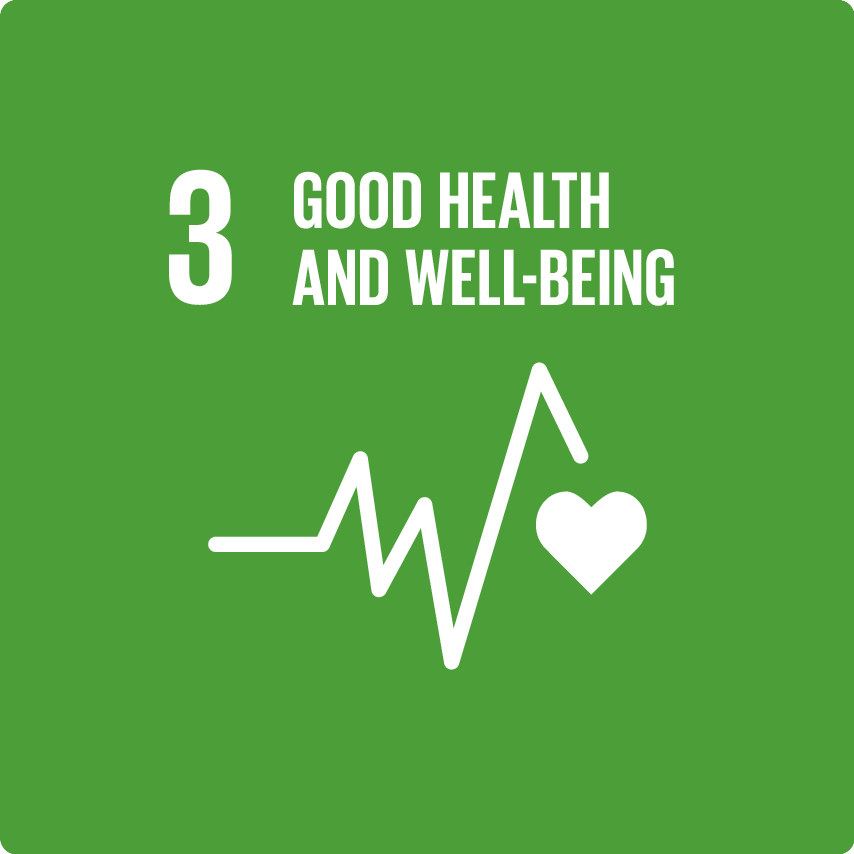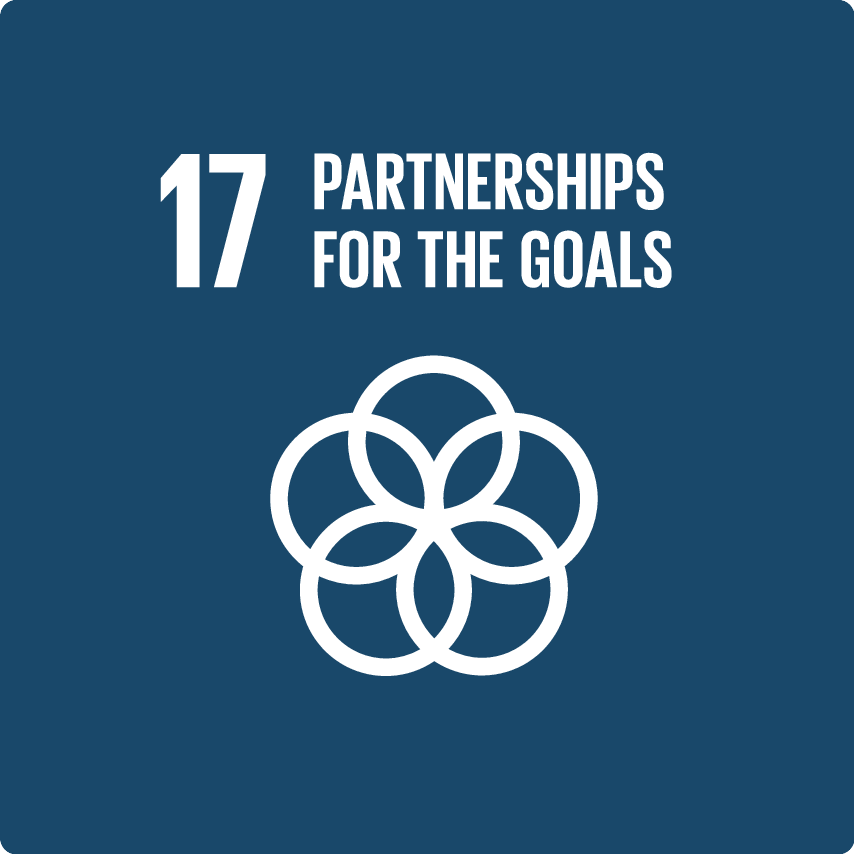Kigali declaration on Neglected Tropical Diseases (NTDs)
Signing the Kigali Declaration on NTDs, governments, pharmaceutical companies, donors, and NGOs renewed and reinvigorated commitments to unlock the global potential to end NTDs by 2030.
SEE ALL PARTNER ORGANIZATIONS
Objectives
- To eradicate, eliminate, or control NTDs by 2030.
- Renew commitment and unlock the global potential to end NTDs.
- Sustain country ownership of NTDs programs, integration, and cross-sectoral collaboration.
In 2012, leaders of several prominent global health and development organizations and industry partners established the Uniting to Combat NTDs partnership, pledging to unite their efforts to support the achievement of the World Health Organization (WHO) 2020 goals of eradicating, eliminating, or controlling 10 NTDs by 2020.
Building on the progress of the London Declaration on NTDs and following the principles of country ownership and partnership, global health leaders from the public and private sectors reconvened to sign the Kigali Declaration on NTDs in 2022. With this declaration, stakeholders reiterated their commitment to end NTDs, making new pledges and addressing the human, economic, and social burden of NTDs.
The Kigali Declaration on NTDs adopts the targets of the new WHO’s NTD road map for 2030 (WHO’s Ending the neglect to attain the Sustainable Development Goals: A road map for NTDs 2021−2030) as its steering framework for collective action.
Signatories of the Kigali Declaration each pledge to do their part at the global, regional, national, community, and partner levels to ensure that guinea worm disease and yaws are eradicated, that at least one disease in 100 countries is eliminated, and that the number of people requiring interventions for NTDs decreases by 90%.
Through this commitment, signatories of the Kigali Declaration pledged to:
- Put those affected by NTDs, especially women and girls and marginalized groups, at the center of program development and decision-making
- Expand advocacy efforts on NTDs locally, nationally, regionally, and worldwide
- Sustain a multisectoral and interdisciplinary strategy for tackling NTDs
- Increase and improve NTD prevention, diagnostic, treatment, and morbidity management services
- Unlock domestic resources to deliver effective NTD services
- Identify sustainable finance opportunities to maximize interventions, impact, and value
- Integrate services in primary care and embedding services in a robust national system
- Invest in innovative medicine and diagnostic research for areas prioritized in the WHO 2030 NTD roadmap
- Improve data gathering and utilization to guide and improve programs
- Monitor and report transparently and promote national ownership of NTD programs.
Achieving the objectives set out in the Kigali Declaration depends on all stakeholder groups working together and fulfilling their obligations. Stakeholders each make a unique and vital contribution.
Alongside pharmaceutical companies, current signatories of the Declaration include The Bill & Melinda Gates Foundation, the Medicines for Malaria Venture (MMV), Goodbye Malaria, The END Fund, the Medicines Development for Global Health, The Wellcome Trust, and the The Global Fund, as well as government, including Canada, Germany, Japan, Rwanda, UAE, UK or the US.
Nonetheless, the Kigali Declaration continues to gather signatories committing to collective efforts for 2030. More information on the full list of signatories can be found here.
Commitments in the Kigali Declaration
In the Kigali Declaration, private-sector and pharmaceutical companies commit to:
- Supporting national and international access-to-medicines programs for NTDs, through donations of reliable, safe, and effective medicines and diagnostics, supported by complementary funding from donors and governments to control, eliminate, and/or eradicate NTDs.
- Supporting NTD R&D for new treatments and their safe and effective scale-up.
- Co-creating sustainable health system solutions with national and international partners.
- Helping countries take ownership of their NTD programs by integrating them into national healthcare systems.
So far, there have been a wide range of commitments expressed by private sector organizations and pharmaceutical companies, including donations of medications and health products, research funding, and co-financing measures to unlock bigger private sector investment:
- Pfizer extended its antibiotic donation program through 2030.
- Eisai continues to be committed to providing diethylcarbamazine (DEC) tablets for free to endemic countries that need DEC until lymphatic filariasis is eliminated. Eisai is engaged in the development of new treatments for NTDs such as lymphatic filariasis and mycetoma through partnership with global research organizations.
- Merck (known as EMD in the US and Canada) reconfirmed its commitment to provide up to 250 million tablets of praziquantel for the treatment of schistosomiasis until the disease has been eliminated as a public health problem. In addition, Merck will continue to extend its integrated schistosomiasis elimination platform, which includes R&D, the development of a pediatric praziquantel formulation, and WASH (water, sanitation, and hygiene) interventions as well as behavioral change programs to prevent the disease.
- MSD (known as Merck in the US and Canada) continues its long-standing commitment to donate as much Mectizan® as needed until onchocerciasis, and lymphatic filariasis in co-endemic countries is eliminated. Additionally, MSD is supporting the implementation of triple-therapy for the global elimination of LF by donating up to 100 million treatments of Mectizan® annually until 2025.
- GSK confirmed its willingness to donate albendazole until lymphatic filariasis is eliminated and until 2025 towards STH elimination. GSK also extended its donation of albendazole to include a third NTD, echinococcosis. In addition, GSK committed to investing £1 billion in R&D over the next decade to get ahead of the fight against infectious diseases that disproportionately harm LMICs.
- Novartis pledged USD 250 million to advance R&D of new treatments against NTDs and malaria over five years. The commitment includes USD 100 million to advance R&D for Chagas disease, leishmaniasis, dengue and cryptosporidiosis, and USD 150 million for next-generation antimalarials and a new formulation for babies under 5kg with malaria.
- Sanofi will continue to partner with WHO to combat NTDs and eliminate sleeping sickness through financial support and drug donations. Also, Sanofi will continue to collaborate to develop innovative medicines that simplify access and treatment for sleeping sickness disease, potentially avoiding hospitalizations and saving lives.
You can keep track with the latest commitments through The Unitting to Combat NTDs partnership’s Commitment’s Tracker.
In it, you will find the commitments and pledges made towards the Kigali Declaration by all stakeholders, including global NGOs, international organizations, financial institutions, and national governments amongst others. New commitments are expected to move progress forward ahead of 2030.
Geographic Reach
- Global Commitment
Disease Area
- Infectious and Parasitic Disease
Partner organizations
Bill and Melinda Gates Foundation
Wellcome Trust
Ecobank
Dentsu
Global Fund to Fight AIDS, Tuberculosis and Malaria
Medicines for Malaria Venture (MMV)
Goodbye Malaria
Medicines Development for Global Health
BioNTech
Additional resources
Geographic Reach
Global Commitment
Disease Area
Infectious and Parasitic Disease
- Neglected Tropical Diseases (NTDs)
- Human African Trypanosomiasis (HAT)
- Mycetoma, chromoblastomycosis and other deep mycoses
- Yaws

